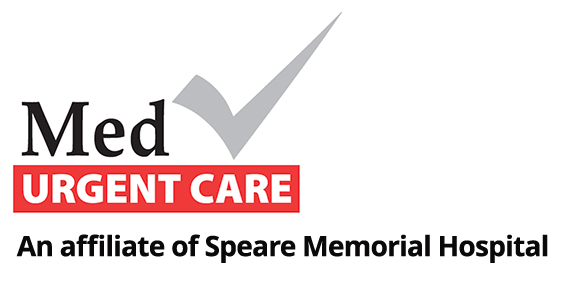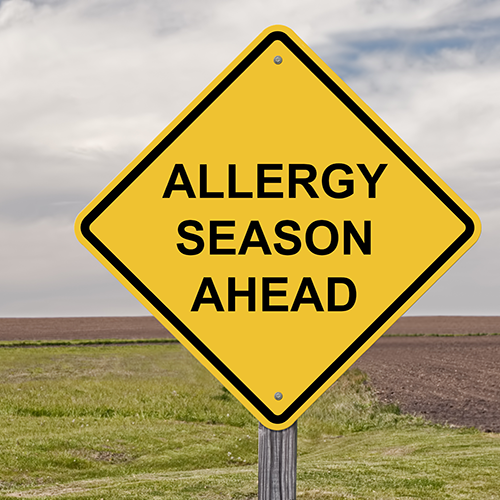It’s that time of year again. It’s finally warming up in most of the US, and your co-workers have stopped passing their cold and flu germs around. But the second you open your window to enjoy the newly warmed air, you’re hit with the same sneezing, runny nose, and itchy throat you thought you were finished with. But this time, it’s not a cold or the flu, it’s seasonal allergies.
Seasonal allergies affect more than 50 million Americans every year, with symptoms that range from mild annoyance to… well, mainly just mild annoyance. But no one wants to deal with months of watery eyes, runny noses, sneezing, and itchy throats. So what can you do about it?
The first thing to do is to make sure you’re actually suffering from allergies and not a late-season cold. A lot of the symptoms are the same, but if you have a cold, you’ll not only have the itchy, watery eyes, runny nose and scratchy throat, but you’ll also have muscle aches and pains, nausea, and just a general feeling of being unwell. You’ll probably not feel up to going to work, even if you do force yourself to go in.
If you’re suffering from allergies, the symptoms will be mostly limited to your head – itchy eyes, runny nose, clogged sinuses. But you’ll probably feel well enough to go to work and go about your regular life.
Once you’ve established that you are in fact suffering from seasonal allergies, there are plenty of over-the-counter options. If you need to stay awake, take a non-drowsy antihistamine. These are most effective when taken every day to prevent allergy symptoms before they even start. If you’re suffering from sinus pain, get a decongestant with pain reliever. These work best when they’re taken at the first sign of pressure, so don’t wait on these. Take them the minute you start to feel any sinus pressure, and only take them while you’re actively suffering. These can elevate your blood pressure and heart rate, though, so check with your doctor if either of those are a concern.
Nasal sprays are another good option. These work by reducing the inflammation in your nasal passages, which relieves some of the irritation you’re feeling. These are usually once a day leading up to and for the duration of allergy season and will go a long way toward helping you feel like a human being.
Eye drops, either over-the-counter or prescription, can help relieve itchy, watery eyes.
If your allergies are bad or worsening, you can see your doctor or allergist about getting a prescription. There are plenty of options out there depending on your exact symptoms and allergy type.
If you’d rather not take medications, or you’re already on others that won’t mix well with any of the above options, there are some natural remedies you can try.
Nasal lavage is a non-medical treatment that can bring some relief by clearing out your nasal passages. Something like a Netipot. But make sure you only use filtered or distilled water. There’s a tiny, infinitesimal chance of nasty bacteria getting into your Netipot if you use just regular tap water. Mix your filtered or distilled water with a little bit of salt for the best results. Do it once a day in the beginning, then as your symptoms subside you can cut it down to a few a week.
Essential oils are another option that bring some relief. Certain essential oils, specifically peppermint, menthol, eucalyptus, and lavender, can help to clear out and soothe irritated nasal and sinus passages.
Some people have found some relief from their seasonal allergies through acupuncture as well.
It’s important to know that among people with a ragweed allergy specifically, almost a third of them also suffer from allergic reactions to certain foods. Melon, zucchini, bananas, cantaloupe, certain teas, sunflower seeds, and honey, are all on the list, and there are others. If you know you suffer from ragweed allergies, be extremely careful around these foods. The reactions to them can be severe, even deadly.
Suffering from seasonal allergies doesn’t have to take over your entire life. Use these tips to find some relief and have a great summer!


